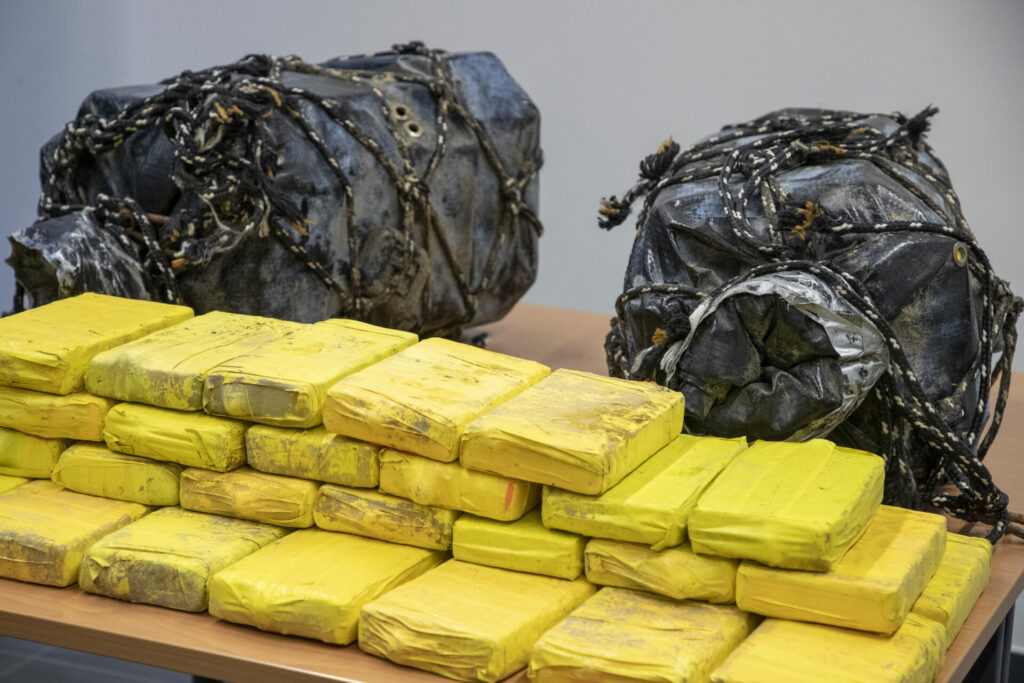As the war on drugs continues to escalate in Antwerp and a record amount of cocaine was seized last year, the capacity for the processing of drugs must be scaled up.
Last year, customs intercepted just under 110 tonnes of cocaine in the Port of Antwerp, a new record after an almost ten-year increase in the quantity seized. The port is preferred by international drug trafficking and related criminal organisations due to its central location. Yet the licensed waste incineration has been unable to keep up with the quantities that are being intercepted – itself just a fraction of the total amount passing through the port.
"It shows a minimum of respect for our police and security forces that we also burn the seized cocaine as soon as possible," Flemish environment minister Zuhal Demir said.
"In the first place for their work done but also because of the security problems such a stash brings. Nobody wants drug gangs to try to retrieve the seized cocaine."
'Dangerously' high
In November, the stock of seized cocaine was reaching dangerously high quantities and the incinerators could not keep up.
Last month, the processing capacity was already "dramatically increased" from 1 tonne but 4-5 tonnes of cocaine. However, to further meet the demands of the federal justice services, customs and security, this capacity can now be increased to 20 tonnes per week, if necessary.
"It is now up to the federal services to organise the supply of cocaine in a safe way," Demir said. The necessary structural arrangements for this are now being made with the operator and the customs and prosecutor's offices.
Related News
- Belgian PM calls for special 'port police force' to fight against drug criminals
- Ministers warn that drug use is 'being normalised' in Belgium
- Fines for using hard drugs could increase from €150 to €1,000
Despite the already high stock and the still large quantities of cocaine seized in December and January, the stock was almost eliminated last week as a result of the increased burning capacity, the competent services confirm.
"If the federal services had informed me earlier, we could have addressed this problem for some time and avoided certain security risks. Nevertheless, it is good that a robust incineration capacity is in place," concluded Demir.
In the fight against drug crime in Antwerp, Prime Minister Alexander De Croo has also advocated for a specialised port police force which will be better armed and able to make arrests and interrogations, implement additional checks on suspicious containers, and increase the current fine for people using drugs.

